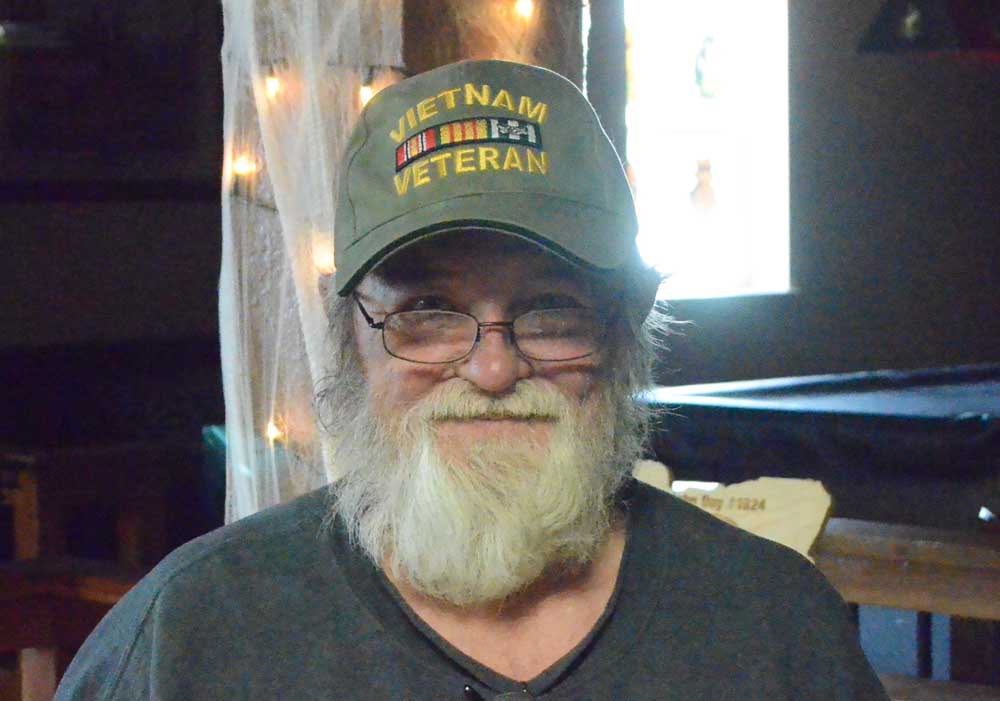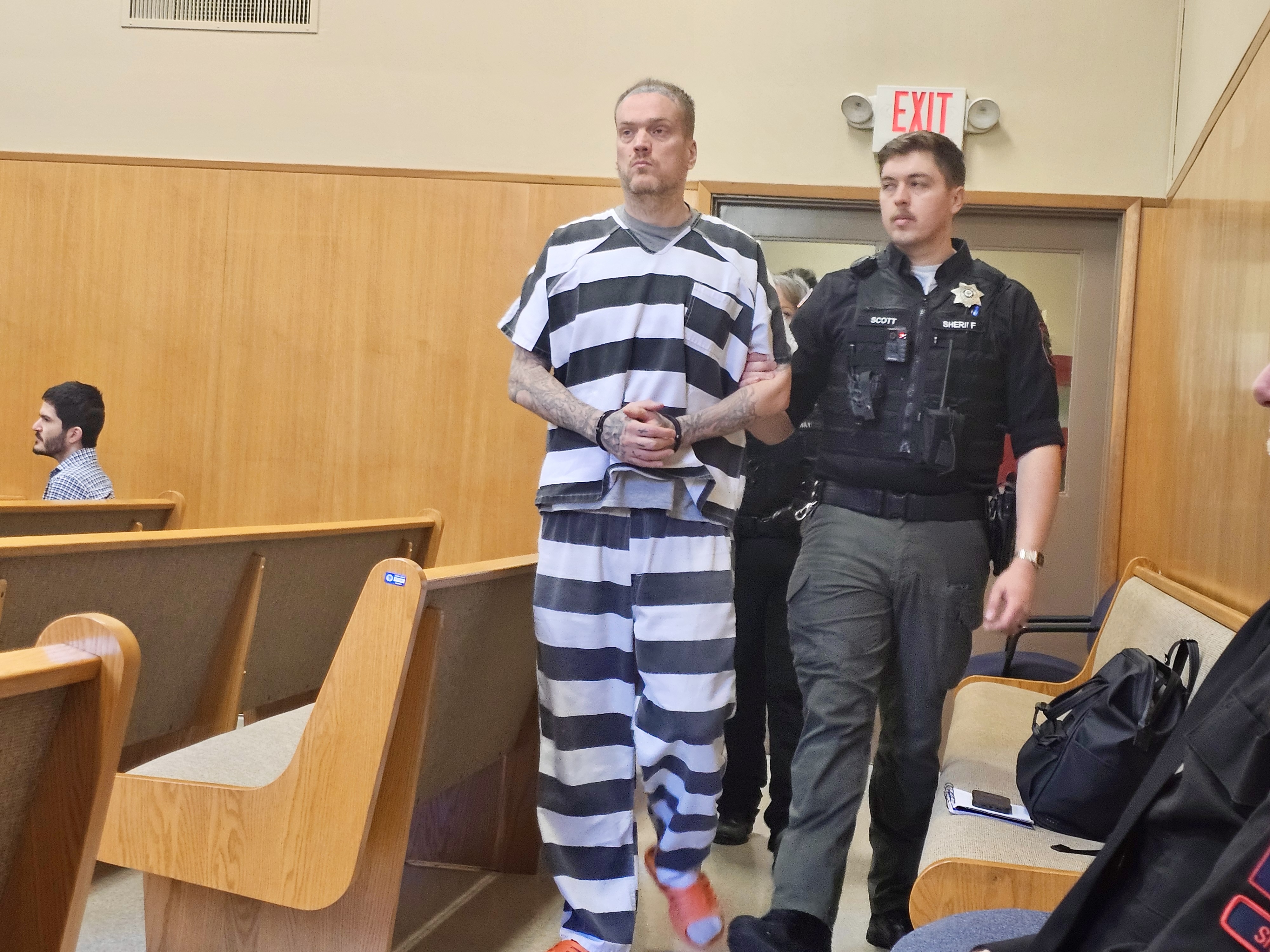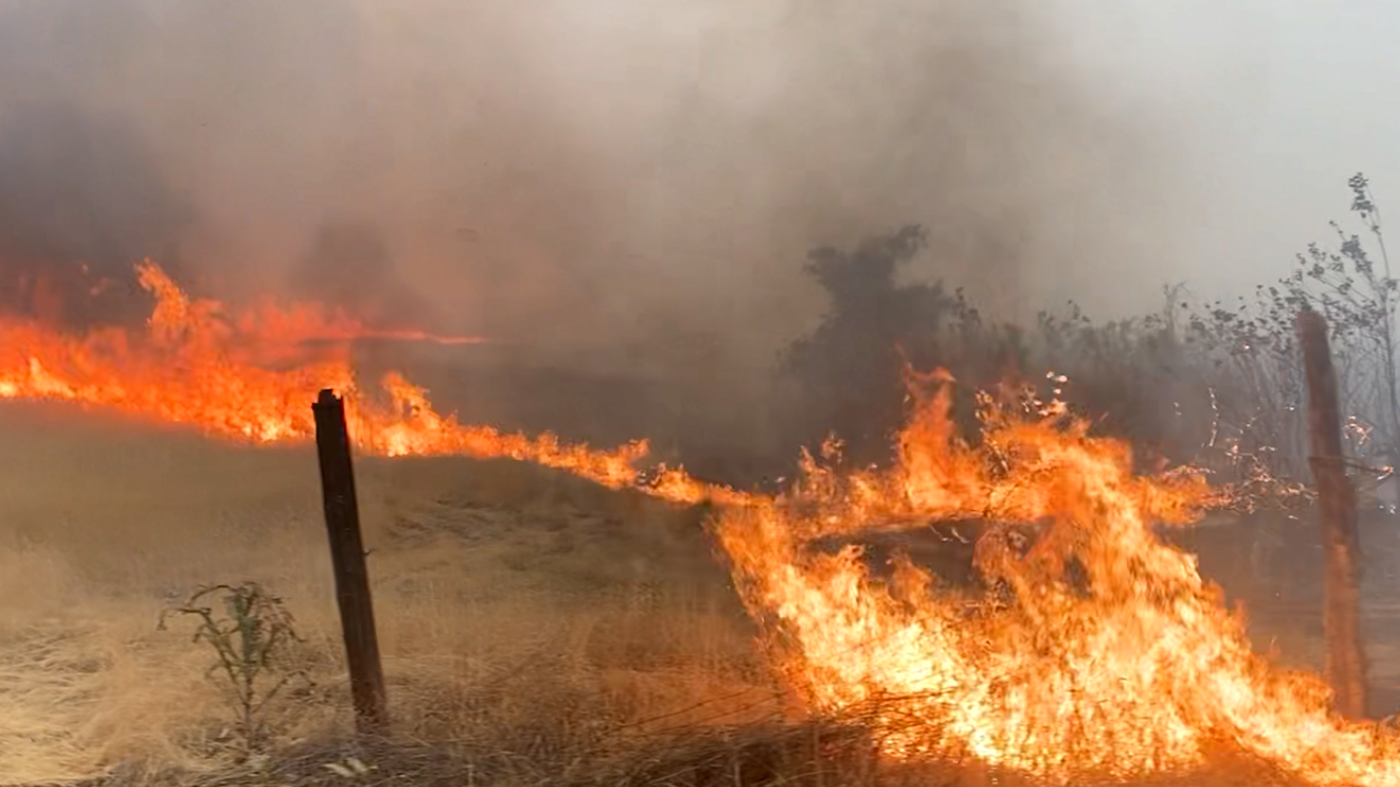Friese recalls fighting in Vietnam and other battles at home
Published 12:15 pm Tuesday, November 10, 2020

- Richard Friese, the son of a World War II veteran, served four years in the Navy on a riverboat during Vietnam. He said his father, like many returning WWII veterans, never talked about the war.
Most American service members who fought in Vietnam were not like their forebears who volunteered to fight the Axis powers after Japan attacked Pearl Harbor.
Trending
Soldiers who fought in Vietnam were called upon to stop the spread of communism in southeastern Asia after the Vietnamese nationalist forces took over the country’s northern part.
Richard Friese, the son of a World War II veteran, enlisted in the Navy with the hope of staying in for six years and serving in the nuclear submarine program.
Friese said the extent of his conversation with his father about WWII was about the minesweeper boat. He said his father operated one as well that had been equipped for the ocean. Beyond that, he said, his father, like many WWII veterans, did not talk about the war.
Trending
The WWII veterans sometimes referred to as the “greatest generation” were told to get a job, raise a family and forget what happened, according to Dr. Edgardo Padin-Rivera, chief of psychology at Louis Stokes Veterans Affairs Medical Center.
During WWII, dubbed the “good war” by author Studs Terkel, the public’s general sentiment was that the returning servicemembers were justified in how they carried out combat.
For returning Vietnam veterans, it was different, especially after the Tet Offensive in 1968, a series of surprise attacks on U.S. and South Vietnamese forces, and the My Lai massacre, the slaughter of roughly 500 people in the village of My Lai by a company of American soldiers.
The impact of both events fueled the anti-war fervor and contempt toward returning soldiers. From being spat on to being called “baby killer,” Vietnam veterans returned to an angry, divided country.
While there was no justification for the My Lai massacre, most people did not take into account the complexity and constant hyper-vigilance involved in a soldier surviving guerilla war.
“My generation’s treatment of me when I got home did more to fuel my (post-traumatic stress disorder) than the war,” Friese said.
In contrast to WWII, the battle lines in Vietnam were not clear, he said.
“Most of the people, they were fighting were in uniform, and you could tell one person from the other,” Friese said. “In Vietnam, you knew who you were shooting at, and you did not know who the enemy was.”
Regardless of when, where or who he was with, he was constantly on duty.
“Unless you were up by the (demilitarized zone) in South Vietnam,” he said. “Most of the battles were fought in that situation.”
Friese, who got out of Vietnam in 1971, said he had the option to reenlist.
“I told my commanding officer, ‘No, you don’t have enough money,’” he said. “I’ve been shot at enough.”









